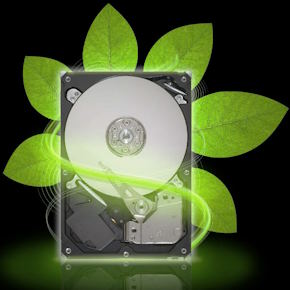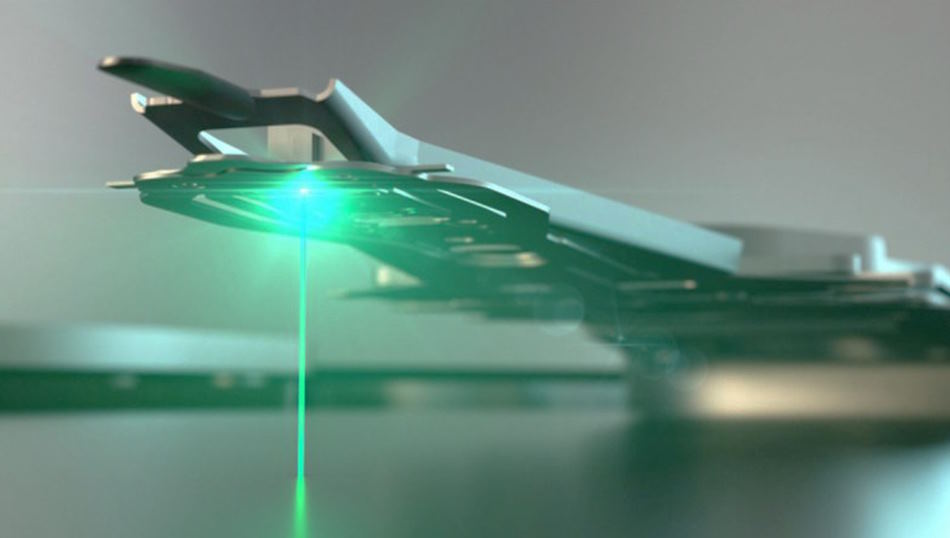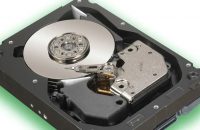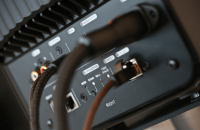As our world grapples with the urgent need for sustainable practices, the technology sector is increasingly under scrutiny for its environmental impact. One crucial aspect of this scrutiny involves the manufacturing and usage of Hard Disk Drives (HDDs), fundamental components of computing systems worldwide. With the rise of eco-conscious consumers and the growing emphasis on corporate responsibility, a pertinent question emerges: Does the integration of eco-friendly technology in HDDs come at a higher price per terabyte?
Understanding Eco-Friendly Technology in HDDs
In the ever-evolving landscape of technology, the term “eco-friendly” is taking center stage, even within the intricacies of Hard Disk Drives (HDDs).
 Eco-friendly technology, in the context of HDDs, encompasses a spectrum of practices aimed at minimizing environmental impact throughout the life cycle of these crucial data storage devices. From sustainable materials in manufacturing to energy-efficient operational processes, it’s a holistic approach to aligning technological progress with ecological well-being.
Eco-friendly technology, in the context of HDDs, encompasses a spectrum of practices aimed at minimizing environmental impact throughout the life cycle of these crucial data storage devices. From sustainable materials in manufacturing to energy-efficient operational processes, it’s a holistic approach to aligning technological progress with ecological well-being.
Traditional HDD manufacturing and usage have long been associated with environmental concerns. From resource-intensive production processes to electronic waste at the end of life, the environmental footprint of conventional HDDs is significant. (C) Eco-friendly HDDs, on the other hand, tackle these concerns head-on. These innovative storage solutions prioritize energy efficiency, reduced carbon emissions, and recyclability, ushering in a new era of environmentally conscious data storage.
Examples of eco-friendly technologies implemented in modern HDDs abound. Some manufacturers are employing advanced materials with lower environmental impact, reducing the overall carbon footprint of the devices. Additionally, power management features and energy-efficient designs contribute to a more sustainable operation. As we delve into these examples, it becomes clear that eco-friendly technology in HDDs is not just a buzzword but a tangible shift towards a greener, more responsible tech future.

Economic Considerations
When delving into the realm of Hard Disk Drives (HDDs), economic considerations play a pivotal role in shaping the industry landscape.
Manufacturing traditional HDDs involves significant cost factors. The extraction of raw materials, intricate production processes, and the overall energy consumption contribute to a substantial economic footprint. Understanding these traditional manufacturing expenses sets the stage for evaluating the financial implications of greener alternatives.
Integrating eco-friendly technologies into HDD production introduces additional costs. From the utilization of sustainable materials to the implementation of energy-efficient manufacturing processes, these eco-conscious measures often require upfront investments. However, the long-term benefits in terms of environmental sustainability and potentially lower operational costs may offset these initial expenditures.
Comparing the overall economic impact of traditional versus eco-friendly HDDs is a nuanced endeavor. While traditional HDDs may seem economically advantageous initially, the broader perspective reveals hidden costs associated with environmental degradation and resource depletion. Eco-friendly HDDs, despite their higher upfront costs, bring economic benefits through reduced energy consumption, extended lifespan, and potential savings in waste management. As industries navigate the intersection of economics and environmental responsibility, the economic considerations surrounding HDD production become a crucial aspect of the conversation about sustainable technological progress.























